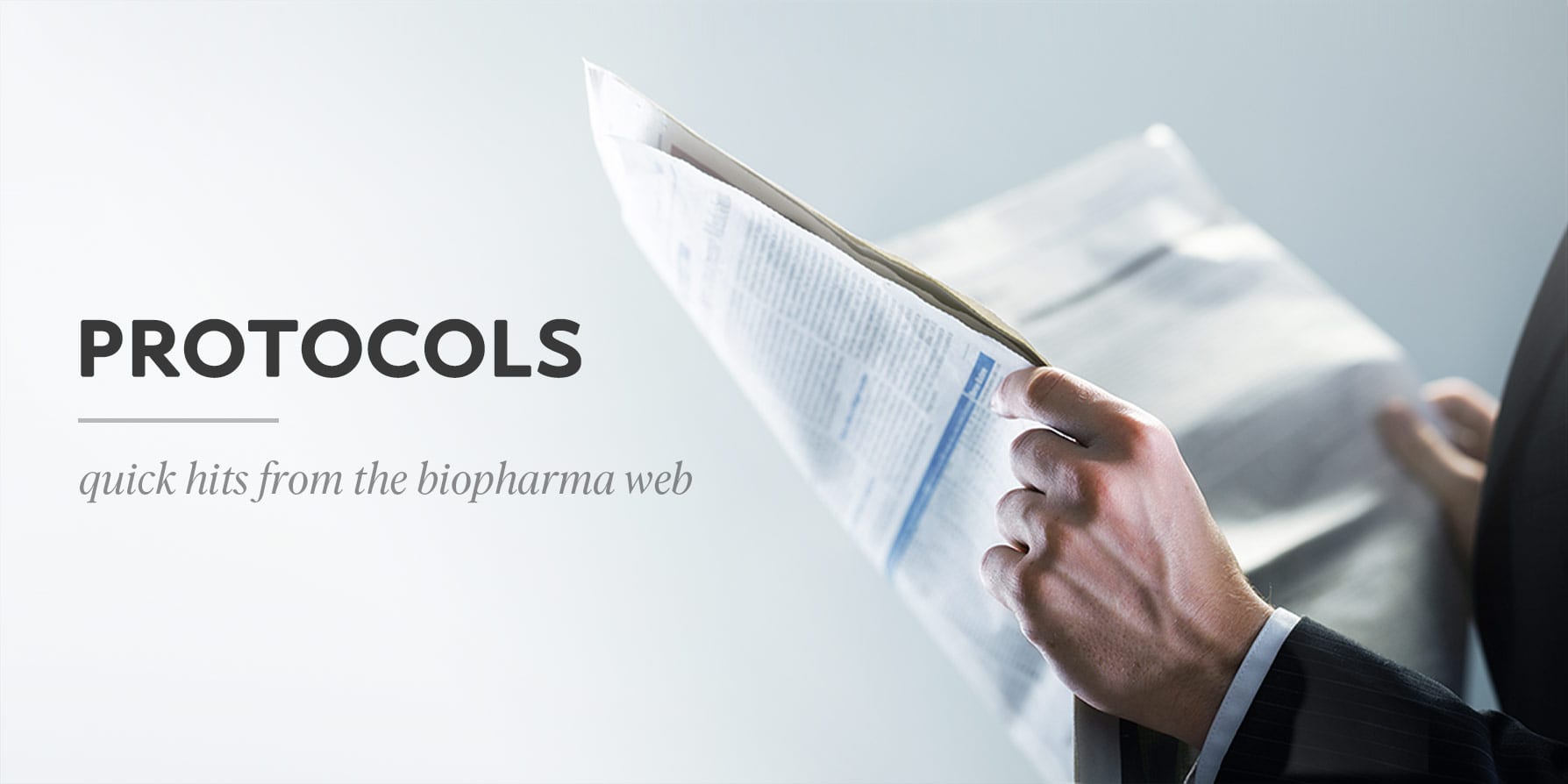
News briefing: PureTech plans Nasdaq debut with secondary listing; GoodRx prices $725M IPO
London Stock Exchange-listed PureTech Health announced Wednesday that it’s looking to extend to Nasdaq. But due to its “strong cash position,” the biotech says it …
Sign up to read this article for free.
Get free access to a limited number of articles, plus choose newsletters to get straight to your inbox.